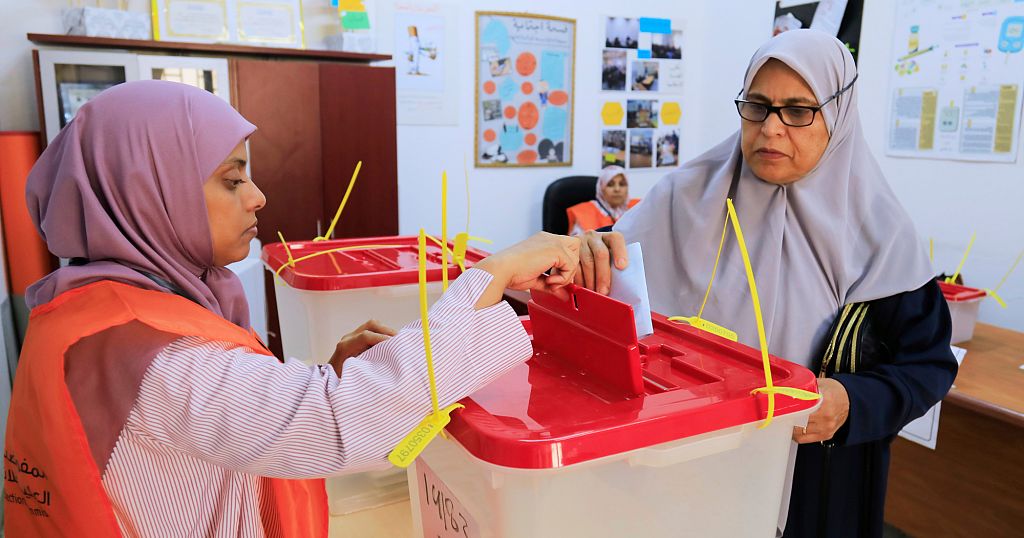Libyans in seven municipalities in the country’s north-western region have cast their votes, marking a significant step in the country’s efforts to revitalize local governance. The municipalities of Zawiya Markaz, Zawiya Wassat, Zawya Gharb, Zawya Chamal, Sabrata, Sormane, and Bir Ghnam participated in the polls, which were delayed by a week due to security concerns. The delay was prompted by an attack on an electoral commission facility in one of the areas.
This voting session is part of a broader effort to hold municipal elections across Libya. A first phase of voting was held for 58 municipalities last November, while a second session covered 26 municipal councils earlier this month. Although not all municipalities have been able to participate in the polls, the elections are seen as crucial for strengthening local governance in the country.
Libya remains divided between two rival administrations, with one led by Abdul Hamid Dbeibeh in Tripoli controlling the west, and the other, based in Benghazi, led by Osama Hammad, governing the east and much of the south. This division has contributed to the country’s ongoing political deadlock, fragile security, and economic hardship.
According to Hanna Serwaa Tetteh, the Special Representative for Libya, Libyans have shown remarkable determination to exercise their democratic right to vote. However, she also emphasized that the country still faces significant challenges, including political deadlock, fragile security, economic hardship, and human rights concerns. Tetteh called for the implementation of a viable electoral framework, the unification of institutions and government, and a dialogue that allows all Libyans to participate.
The successful completion of the voting process in these seven municipalities is a positive development, but it also highlights the need for continued efforts to address the country’s broader challenges. The international community will be watching closely as Libya navigates this complex and delicate process. With the elections seen as a crucial step towards revitalizing local governance, the outcome is likely to have significant implications for the country’s future stability and development.
